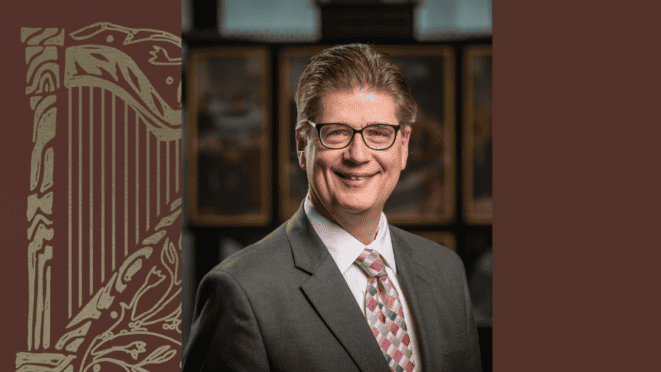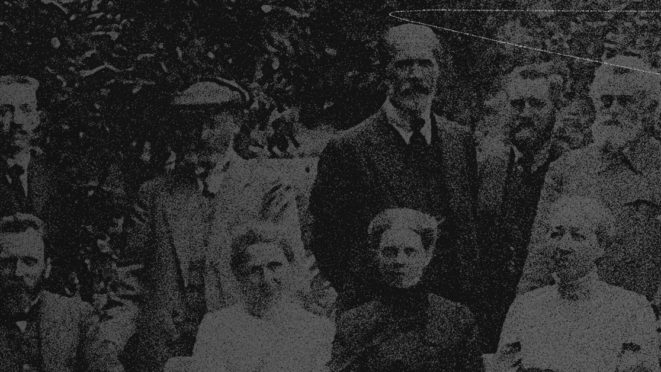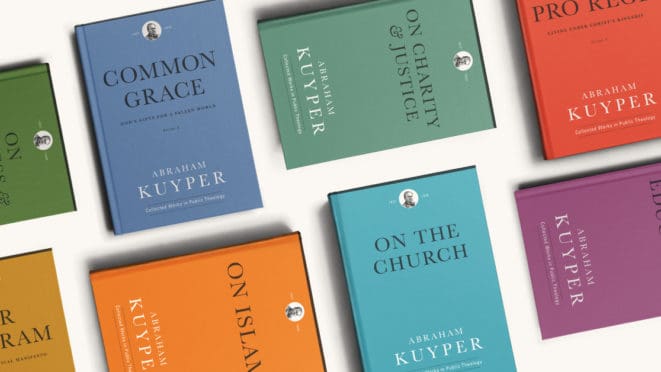Stephen Brett Eccher is the author of Zwingli the Pastor: A Life in Conflict. Stephen Brett Eccher tells the story of Huldrych Zwingli (1484–1531), embattled pastor and reformer. Zwingli’s ministry in Zurich was characterized by conflict—conflict that fueled him. It influenced his theological development, inspired his commitment to bring reform, and compelled his devotion to
Read more4 Resources for Studying the Ancient Creeds
LEARN THE CREEDS BY HEART The Nicene Creed: An Introduction 2023 Credo Magazine Book of the Year For centuries, the Nicene Creed has been central to the church’s confession. The Nicene Creed: An Introduction by Phillip Cary explores the Creed’s riches with simplicity and clarity. Cary explains the history of the Creed and walks through
Read moreThe Power of Revival: Martyn Lloyd-Jones, Baptism in the Spirit, and Preaching on Fire: An Interview with Dongjin Park
Dongjin Park is the author of The Power of Revival: Martyn Lloyd-Jones, Baptism in the Spirit, and Preaching on Fire. As part of the Studies in Historical and Systematic Theology series, Dongjin Park explores how Welsh minister Martyn Lloyd-Jones’s preaching (1899–1981) was kindled by his distinctly Reformed view of Spirit baptism. By tracing Lloyd-Jones’s writings
Read moreChurch Music: For the Care of Souls: An Interview with Phillip Magness
In Church Music: For the Care of Souls, Phillip Magness helps the church to recover the primary instrument in worship: congregational voices. During our interview detailed below, Magness shares how “The Lord has given us a song to sing, a community to sing with, and all the talent we really need to proclaim the story of
Read moreA Birds-Eye View of the Global Church
The Christian faith is deeply interwoven with history. This history is a subject of endless fascination and a fount of wisdom for those with eyes to see. When it comes to church history, there are thousands of years and an entire globe to cover. The Essential Lexham Dictionary of Church History (ELDCH) invites readers into
Read moreWar, Revolution, and Reformation
In this excerpt from The Gates of Hell, Matthew Heise traces the world shaking events surrounding the end of World War I and their effect on the Evangelical Lutheran Church of Russia. JUNE 1918—An idyllic summer day in the Crimea, with trees blossoming and groaning from the fruit peculiar to that bountiful region near the
Read moreRecovering Sacrament in the Baptist Tradition
In this excerpt from Amidst Us Our Belovèd Stands, Michael A. G. Haykin presents six theses on the historical and modern practice of baptism and the Lord’s Supper in the Baptist Tradition. In 1866, C. H. Spurgeon (1834–1892), well on his way to becoming something of a Dissenting icon, published a hymnal for his growing
Read moreWhat Is Patristic Biblical Interpretation?
In this excerpt from How the Church Fathers Read the Bible, Gerald Bray introduces the origins of biblical interpretation and why studying what the church fathers wrote is important for us today. Patristic biblical interpretation is the study of how the Bible was understood by those ancient Christian writers who are collectively known as the
Read moreAugustine and the Christological Nature of Wisdom
In this excerpt from Christ, the Way: Augustine’s Theology of Wisdom, Benjamin Quinn describes the Christological foundations of Augustine’s theology of wisdom. What is wisdom, and what is its role in Augustine’s thought? These are the fundamental questions that drive this study. From Augustine’s own words in Confessions (Conf.) book 3, we learn that his
Read moreThe Abraham Kuyper Collected Works in Public Theology Is Now Complete
In 2015, Lexham Press announced the publication of a major series of new translations of Abraham Kuyper’s writings in public theology, created in partnership with the Acton Institute and the Kuyper Translation Society. Never before available in English, the Abraham Kuyper Collected Works in Public Theology has introduced a new audience to the thinking of
Read more









